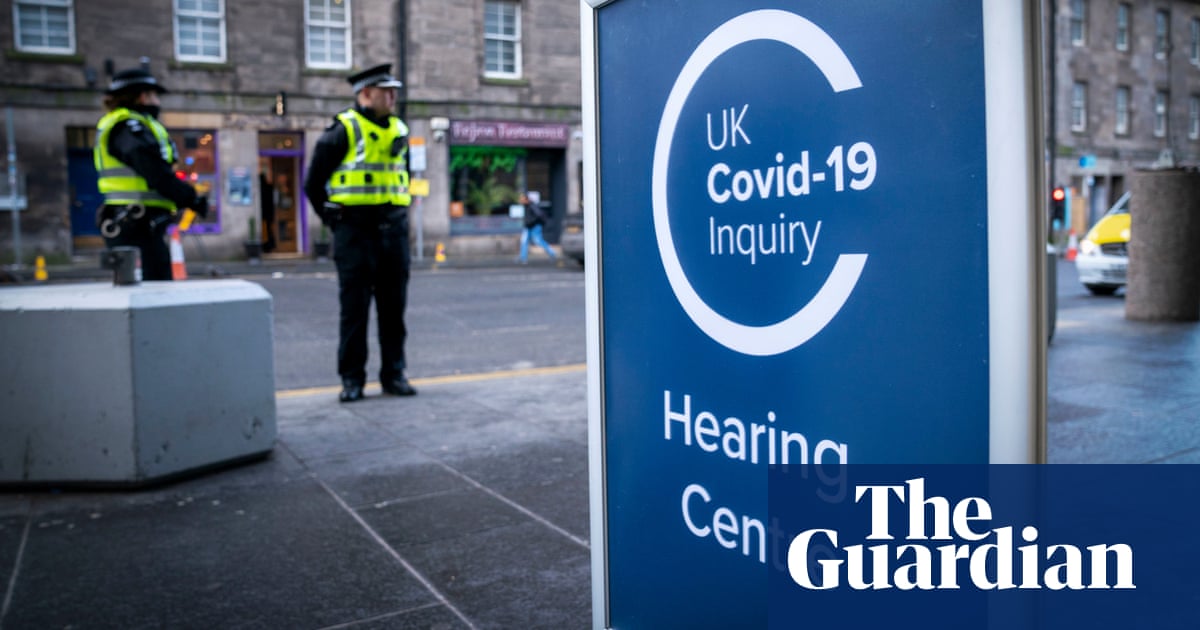
Ministers failed to allow parliament enough opportunity to scrutinise the sweeping laws passed to tackle the Covid pandemic, according to a cross-party committee of MPs.
The 329-page Coronavirus Act of 2020 included a wide range of emergency powers, from allowing more court hearings to take place by video, to allowing retired healthcare workers to come back into the workforce.
The legislation also postponed mayoral and local elections due in 2020, and extended the government’s powers to shut down schools and order the cancellation of public gatherings – though in the event, many of the most stringent restrictions on the public’s lives were imposed using pre-existing public health law.
There was little opposition when the act was passed, with many MPs won over by the promise of a six-monthly review.
The public administration and constitutional affairs committee (Pacac) points out that in the event, this was little more than a formality, because it took place through an unamendable, “take it or leave it” motion.
“It is unsatisfactory that since the Coronavirus Act was passed, in just three sitting days in March 2020, parliament has been unable to substantively debate its provisions as was promised during its passage,” said the committee chair, William Wragg.
“Strong and broad powers such as those in the act must be accompanied by equally robust parliamentary scrutiny mechanisms, particularly in a rapidly evolving public health emergency.”
Pacac also raises the question of whether attaching a two-year “sunset clause” to the bill was the right approach, arguing that it led to MPs backing “stronger and broader powers,” than they might otherwise have been willing to accept.
“Any future use of sunset clauses in relation to emergency legislation should come with a clear explanation about why the government believes that the length of sunset being imposed is proportionate to the emergency being addressed,” it says.
As the pandemic progressed, Conservative backbenchers became increasingly concerned about some of the powers in the act – as well as the use of public health regulations to create new offences, punishable with fines.
The National Police Chiefs’ Council (NPCC) revealed on Wednesday that 40% of the fixed penalty notices issued in England and Wales between March 2020 and 27 February this year – more than 50,000 – were not paid within 28 days.
The Metropolitan police will decide in the coming weeks whether the prime minister should face a fine himself, for attending one or more lockdown-busting gatherings in Downing Street.
As well as calling for more scrutiny of future emergency legislation, Pacac’s report also calls on the government to set a clearer timetable for the public inquiry into the pandemic, which is currently consulting on draft terms of reference.
Wragg said: “I welcome the government’s announcement on the UK Covid-19 inquiry but urge it to allow for evidence sooner rather than later, before memories fade and key learning is lost.”
Boris Johnson initially resisted calls for a public inquiry before announcing one, but insisting it would not start work until this spring. It is being chaired by retired judge Heather Hallett.












